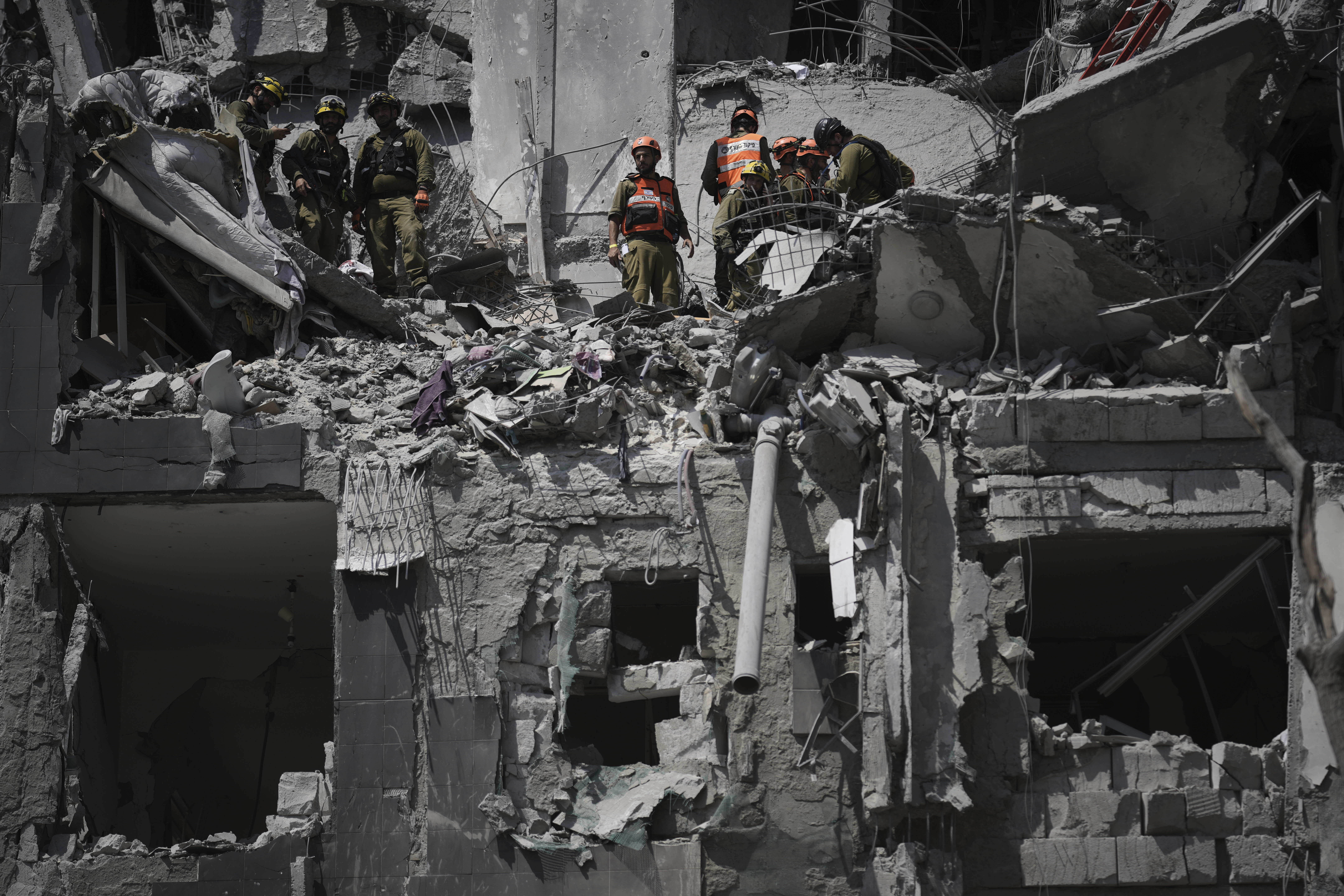The Enduring Challenge of Iran: Tactical Capabilities and Global Security Dynamics
 The Tech Times
The Tech Times
In the complex landscape of Middle Eastern geopolitics, Iran has consistently emerged as a significant player whose actions reverberate well beyond its borders. Recent remarks by President Donald Trump’s nominee to lead U.S. Central Command underscore the persistent nature of this challenge. The nominee emphasized that despite recent airstrikes, Iran retains considerable tactical capabilities that pose ongoing risks to national and international security. This assessment invites a closer examination of Iran's strategic posture and its implications for regional stability.
Historical Context of Iran's Tactical Prowess
Iran's military and strategic capabilities have been a focal point of global attention for decades. The 1979 Islamic Revolution marked a critical turning point, transforming Iran from a Western-aligned monarchy into a theocratic republic with a distinct anti-Western ideology. This shift not only altered the geopolitical dynamics of the Middle East but also set the stage for Iran's pursuit of regional influence.
In subsequent years, Iran has cultivated a robust network of alliances and proxy forces, notably in Lebanon, Syria, Iraq, and Yemen. The Iranian Revolutionary Guard Corps (IRGC) has been instrumental in bolstering these alliances, providing training, funding, and advanced weaponry to a range of non-state actors. Despite facing economic sanctions and international isolation, Iran has adeptly leveraged asymmetric warfare tactics to counterbalance its conventional military limitations.
The Strategic Calculus of U.S.-Iran Relations
The United States, recognizing the multifaceted threat posed by Iran, has employed a combination of diplomatic, economic, and military strategies to curb Tehran's ambitions. However, the effectiveness of these strategies has often been hampered by the complexity of the regional geopolitical environment. The recent airstrikes referenced by the CENTCOM nominee are part of a broader U.S. effort to deter Iranian aggression and reassure allies, yet they also highlight the limitations of military responses in addressing the underlying strategic calculus.
Iran's tactical capabilities extend beyond mere military prowess. Its cyber capabilities, for instance, have emerged as a critical component of its strategic toolkit. Reports of Iranian cyber attacks targeting critical infrastructure in the West underscore the sophistication and reach of its cyber operations. This cyber dimension adds another layer of complexity to the already intricate U.S.-Iranian relations.
The Path Forward: Diplomacy and Engagement
The enduring challenge posed by Iran necessitates a nuanced and multidimensional approach that goes beyond military interventions. While airstrikes may temporarily degrade tactical capabilities, they do not address the underlying tensions and motivations driving Iran's actions. A sustainable solution requires engaging with Iran through diplomatic channels, backed by a robust framework of international cooperation.
The Joint Comprehensive Plan of Action (JCPOA), commonly known as the Iran nuclear deal, represents one such diplomatic effort aimed at curbing Iran's nuclear ambitions through negotiation and verification. Although the U.S. withdrew from the JCPOA in 2018, the agreement provides a valuable template for future engagement. Reviving or renegotiating such accords could serve as a stepping stone toward broader discussions on regional security and cooperation.
Conclusion: A Call for Strategic Vision
In conclusion, Iran's tactical capabilities and their implications for global security underscore the need for a strategic vision that balances deterrence with diplomacy. The path forward must be guided by a clear understanding of Iran's motivations and the broader context in which it operates. By fostering dialogue and cooperation among regional and global stakeholders, the international community can work toward a more stable and secure Middle East.
As the world grapples with the complexities of contemporary geopolitics, it is clear that Iran will remain a pivotal actor whose actions demand careful scrutiny and strategic response. The challenge is formidable, but with concerted effort and visionary leadership, it is not insurmountable.
Source: Iran remains security threat even after airstrikes, CENTCOM warns
Subscribe to my newsletter
Read articles from The Tech Times directly inside your inbox. Subscribe to the newsletter, and don't miss out.
Written by
